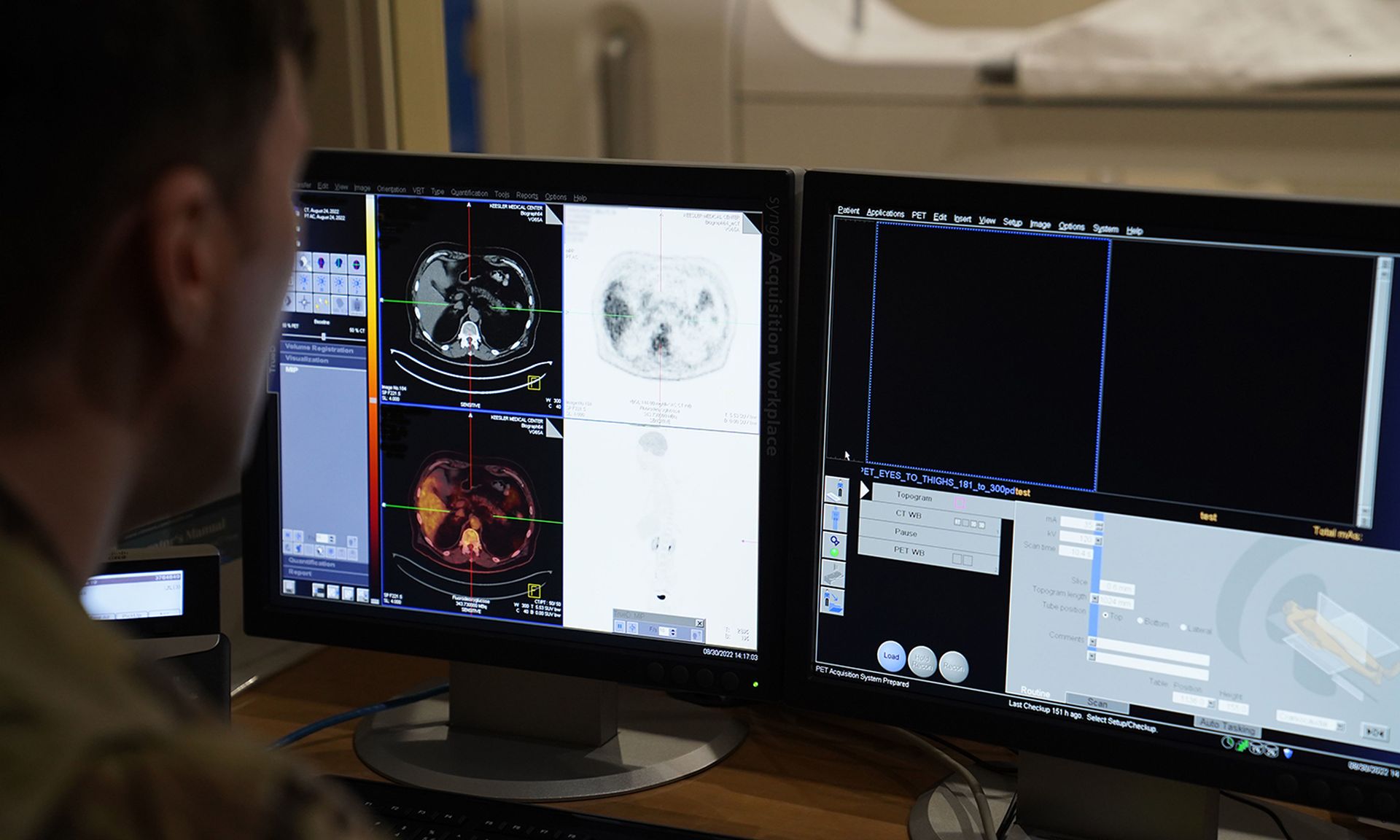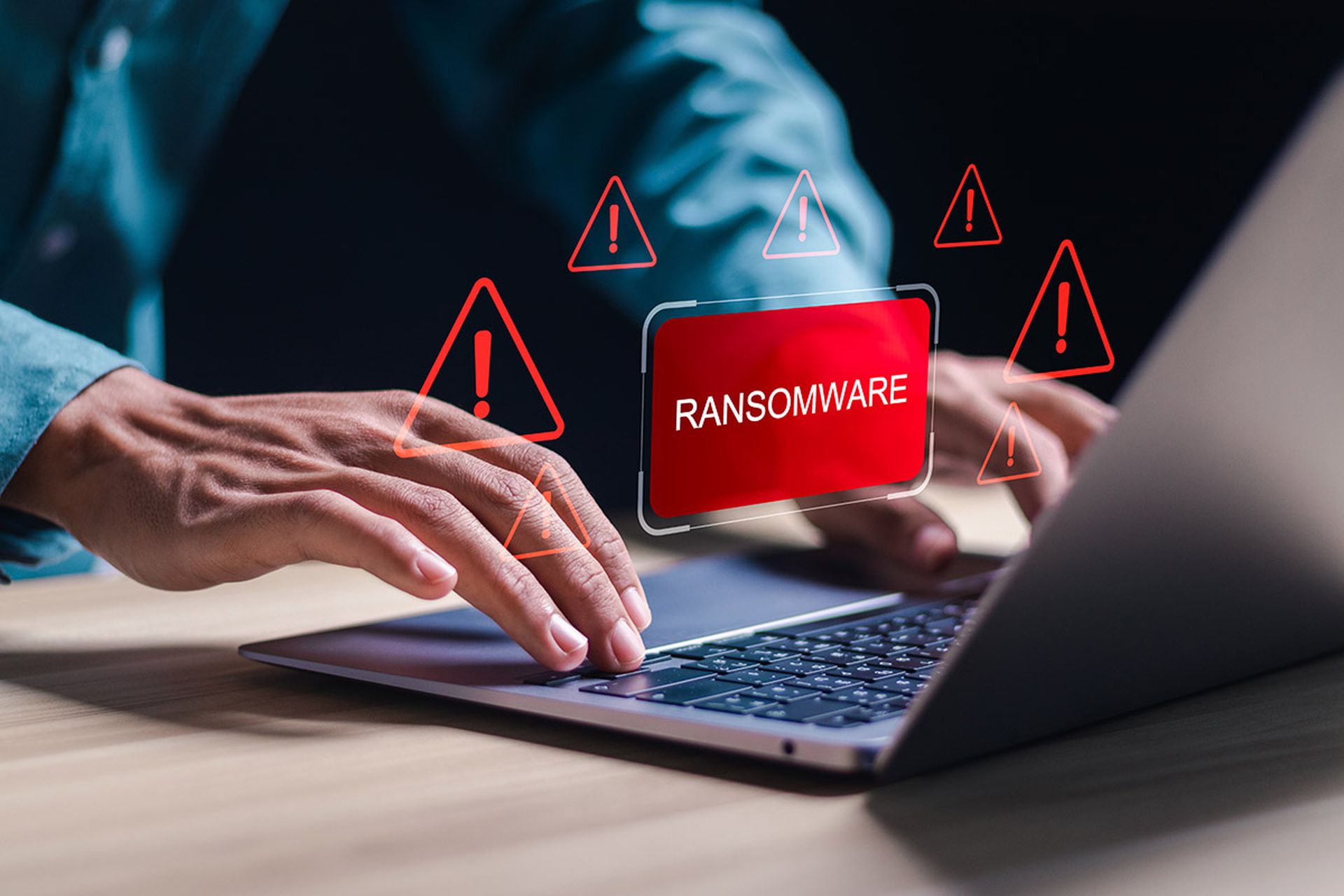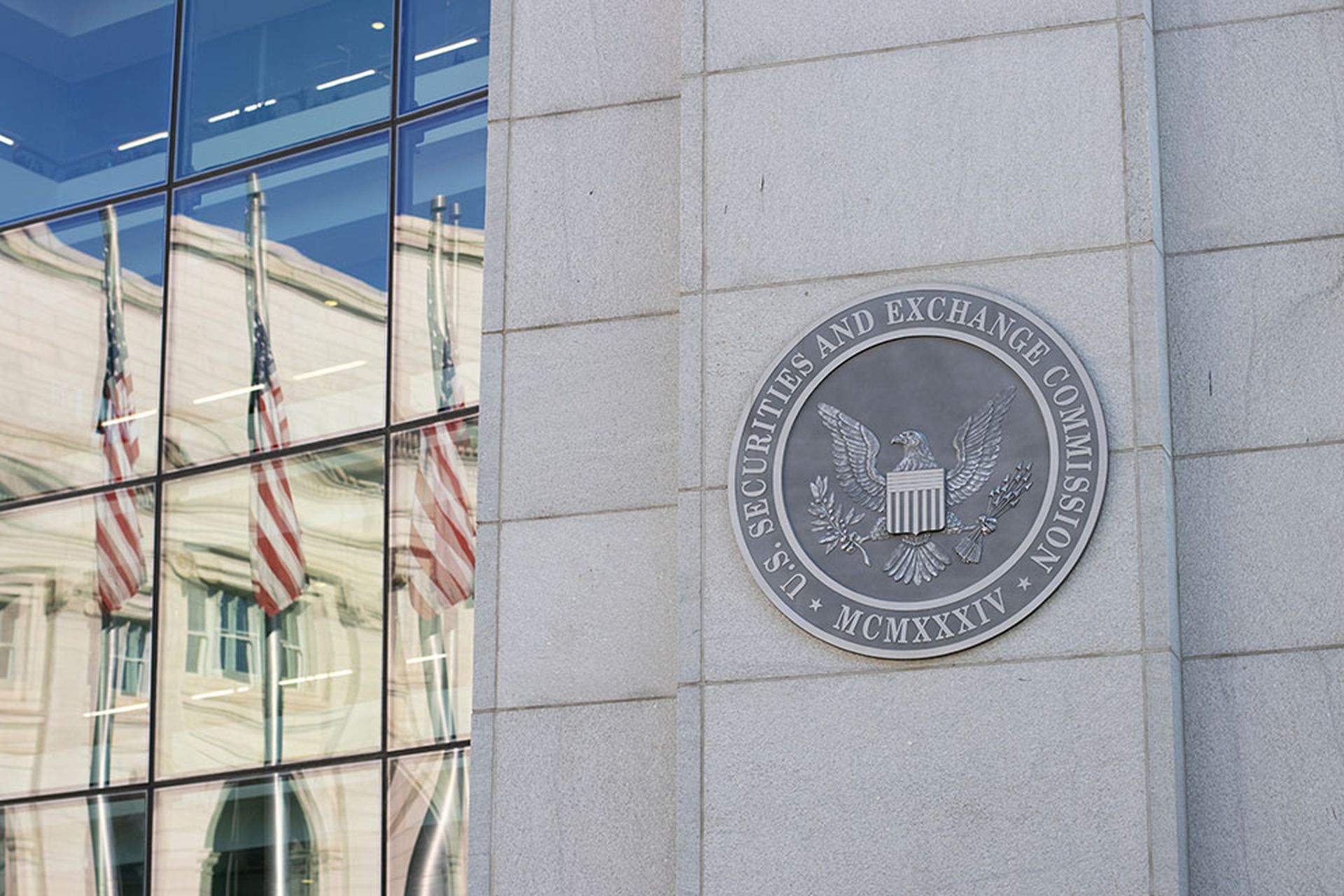
A study released by Proofpoint in tandem with the Ponemon Institute found that ransomware attacks are the most likely kind of cyberattack to have a negative impact on patient care.
The report, released Thursday, said a ransomware attack could lead to procedure or test delays in 64% of the organizations surveyed and longer patient stays for 59%.
Overall, 89% of the surveyed organizations experienced an average of 43 attacks in the past 12 months, almost one attack per week. More than 20% suffering the four most common types of attacks — cloud compromise, ransomware, supply chain, and business email compromise — experienced increased patient mortality rates.
“The attacks we analyzed put a significant strain on healthcare organizations’ resources,” said Larry Ponemon, founder and chairman of the Ponemon Institute. “Their result is not only tremendous cost but also a direct impact on patient care, endangering people’s safety and well being.”
Dave Gerry, chief operating officer at Bugcrowd, said healthcare continues to be a target of attacks given its enormous attack surface across critical applications, cloud environments, and IoT devices. Gerry said ensuring critical applications, devices and systems are secure should remain the top priority for healthcare security teams.
“Bad actors understand the critical nature of the systems supporting healthcare organizations, and the human impact behind it, leading to an increased likelihood of ransom payments,” Gerry said.
John Gunn, chief executive officer of Token, said poor patient outcomes including potential deaths that result from ransomware attacks will create a liability doomsday for hospitals. Gunn said plaintiff's lawyers will blame any negative patient outcome that occurs during a cyberattack on the security incident and the hospital's negligence in not preventing every possible hacking attack.
“Hospitals that are unable to demonstrate the highest levels of cybersecurity will be exposed to lawsuits and judgements that could easily exceed any ransomware demand,” Gunn said.
Monnia Deng, director of product marketing at Bolster, Inc., said healthcare workers are already burnt out by the pandemic and putting any additional security measures on the end user is self-defeating. Deng said we’ve seen healthcare providers purposely request IT to provide less secure, but easier forms of 2FA so there’s less friction between them and their critical job functions.
“It’s the responsibility of the healthcare IT organization to invest in proactive secure measures such as disaster recovery, endpoint detection and response, and email security,” Deng said. “However, one area that they need to focus more attention on is the threat outside of their ecosystem of devices, systems, servers, and applications. Healthcare organizations have an obligation to proactively seek out malicious phishing sites spoofing their brand and content and reduce their online digital risk by taking these sites down.”



